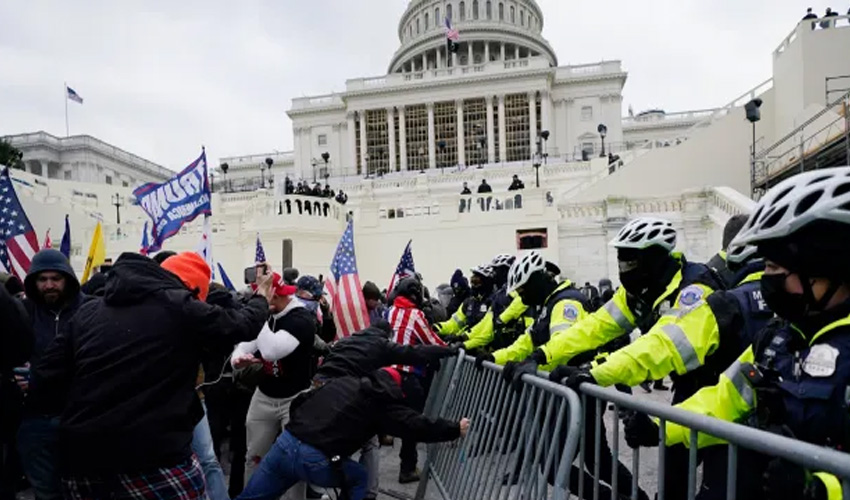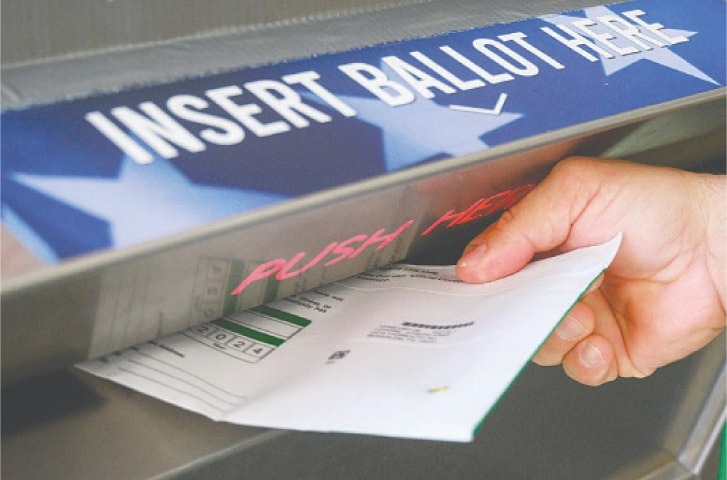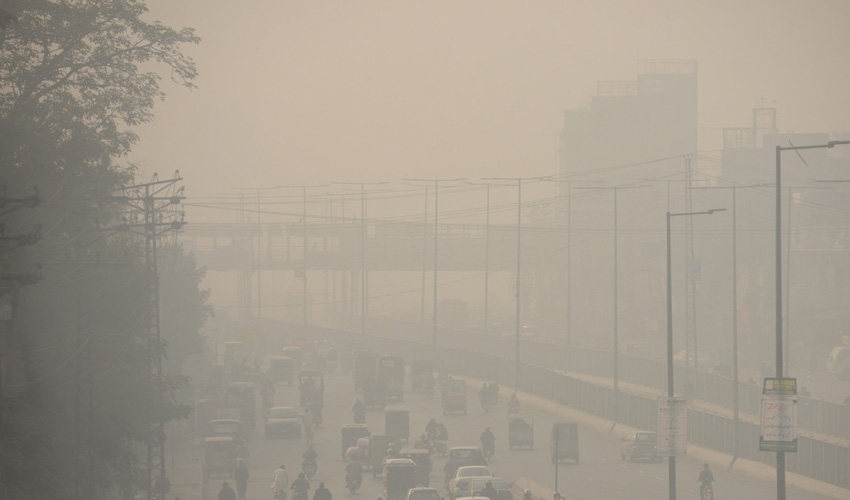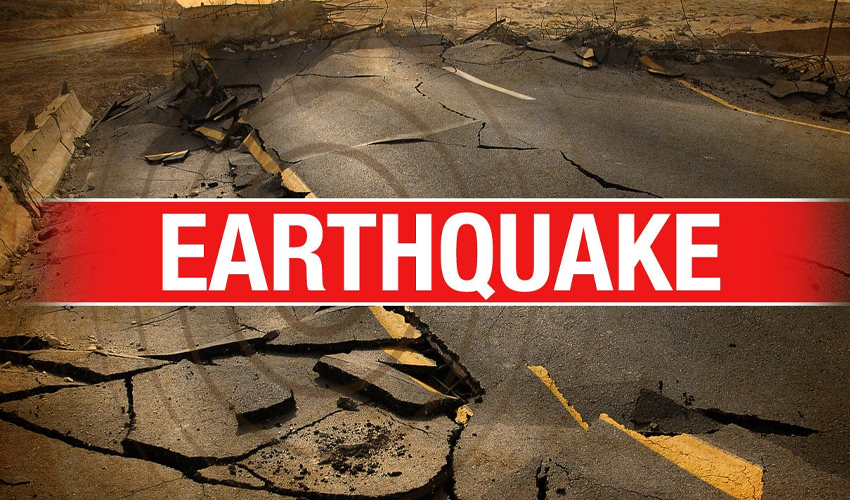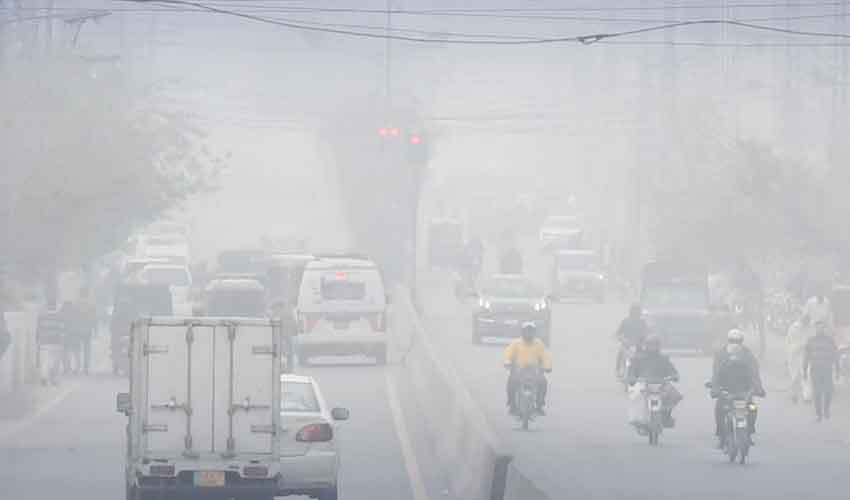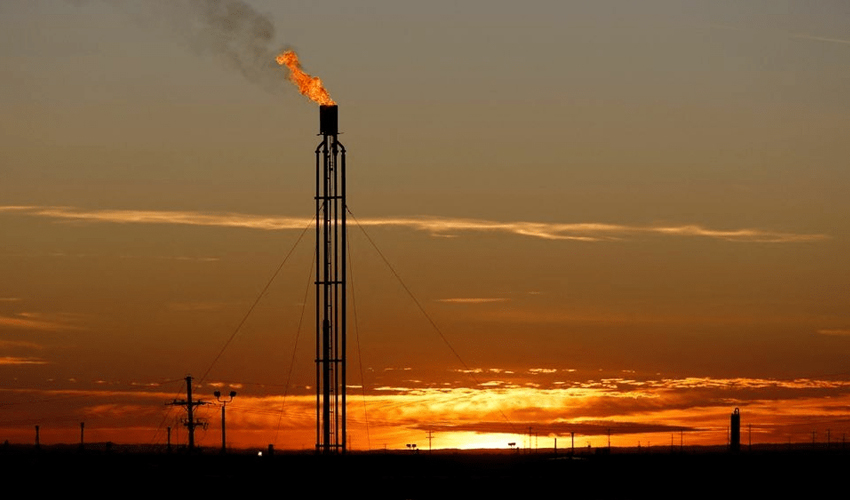Former US President Donald Trump continues with his fierce campaign for White House return just a week ahead of the much-hyped 2024 United States presidential election, attracting attention from the whole globe. Speculation about what happens after a Trump loss has emerged as a top question for Americans as the race tightens between Trump and his Democratic opponent, Kamala Harris, with many dreading chaos in case of a loss for Trump-the man who has broken many precedents in refusing to accept defeat-on November 5.
Experts are warning of a polarised country bracing for potential post-election upheaval, as concerns grow that Trump may once again claim that fraud occurred, as was the case in 2020. If such worries materialize, it may turn out to be one of the most turbulent periods of post-election time in U.S. history.
Trump's unyielding stance on defeat
At 78, Trump appears as aggressive as ever; he reportedly refuses to lose. That refusal to concede the results of the election in 2020 so far explains much of what has become the cleaving of a nation by party lines. "He'll stop at nothing to overturn the election," says Binghamton University political analyst Donald Nieman, "and probably wouldn't show up at Harris's inauguration either."
Since his loss in the first electoral contest of 2020, Trump has continuously questioned the integrity of democratic processes by pointing towards electoral fraud on a level that has no evidence to the least. After his loss, over 60 petitions against the result were filed by Trump and his whole gang of supporters who left each one of these pending in the courts. This election claim was an influential input into one of the darkest moments in American recent history-the January 6 Capitol riot, when the angry crowd stormed Congress urged on by the rhetoric of Donald Trump.
History of controversy and legal challenges
The former president has been in public legal wrangles for quite a long time, but his latest battles are quite outstanding. He was impeached twice and indicted twice over election interference allegations. Among the legal battles, he is facing a 34-count felony charge of hush-money payments to an adult film star in order to silence her before the 2016 election, a case still alive in the public eye. His actions have left a majority of Americans questioning his regard for the rule of law, at least in so far as democratic norms.
But issues notwithstanding, Donald Trump rallies continue to have zealous supporters who embrace the very claims he advances of the electoral process's rigging. Speaking at a rally in Michigan last month, Trump said: "If I lose, I'll tell you what, it's possible because they cheat". That's the only way we're going to lose — because they cheat." His constant rhetoric reopened the distrust planted during the 2020 election and added new apprehensions about another contentious post-election period.
Growing fears of violence and civil unrest
Fear of post-election violence is in the air. A new Scripps News/Ipsos poll found that nearly two-thirds of Americans think there will be violence after the election. The same poll found that over a quarter of Americans believe a civil war could break out, and 12% knew someone who might consider violent action if Trump were to lose and claim fraud. That tense climate has inspired some Americans to call for military intervention to quell potential unrest.
A recently declassified report, conducted by the Office of the Director of National Intelligence, suggests that foreign actors can boost and mobilize incitements for violent demonstrations and make a very arduous situation even much worse. "Foreign-driven or -amplified violent protests, violence or physical threats. could test the ability of state and local officials to conduct the elements of the certification and the Electoral College process," the document said.
Security has been increased throughout Washington, D.C., as Capitol authorities work on preventing a repeat of the 2021 riot. While some analysts believe that the consequences from January 6 – including numerous prosecutions – could deter a similar uprising, others remain wary. With more than 100 lawsuits filed by Republicans challenging aspects of voting processes, the stage is set for an environment where claims of fraud and election manipulation may overshadow democratic procedures.
Future of law and society in sight
The voter issues the GOP strategies have covered range from ways in which to register through methods of accessing ballots this year. Those efforts remain largely unresolved as Election Day nears, leaving to its fate many disputes yet unsettled and potentially giving even more ammunition to people already skeptical of the democratic process. For many, what Trump says and says falsely about foreign voting, about tampering with votes plays to long-standing fears, not just about institutions and politics, but about democracy, deepening the rift across the nation.
Analysts say the 2024 election stakes transcend policy debates and partisan politics: they speak to a question to the very essence of America's democratic norms. Civil unrest is one specter that still hangs over the election as security forces remain on high alert and many Americans uneasy about what's to come.
A Country on Edge
With only days left until November 5, the United States is at a crossroads. One of the most divisive candidates in the history of the United States, it has been big news since he announced his candidacy- and the endurance of institutions like this will be properly put to test. This country will either see the smoothest peaceful transfer in history or storm of all times, because the nature of the reaction to this election's result will have that effect.
While Americans watch and wait for a conclusion, the rest of the world waits too, knowing that whatever the verdict is to be, it will surely have far-reaching effects in lands other than America's.











